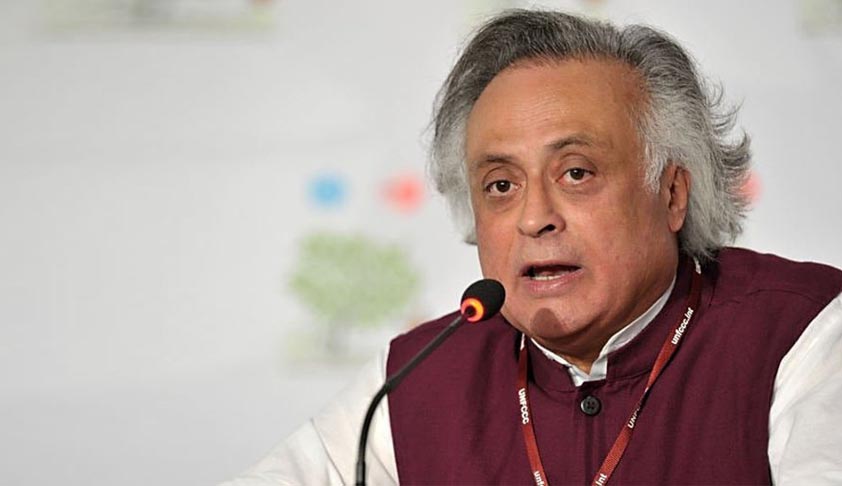Would Read Privacy Verdict Before Hearing Jairam Ramesh Plea: CJI
LIVELAW NEWS NETWORK
29 Aug 2017 7:57 PM IST

Next Story
29 Aug 2017 7:57 PM IST
The Chief Justice Dipak Misra led bench today said it will first go through the crucial judgement on privacy before taking a call on Congress leader Jairam Ramesh's challenge to the Lok Sabha Speaker's decision to certify a bill to amend the Aadhaar law as a money bill.A nine judge constitution bench had declared privacy a fundamental right.The plea was mentioned before a bench comprising...
